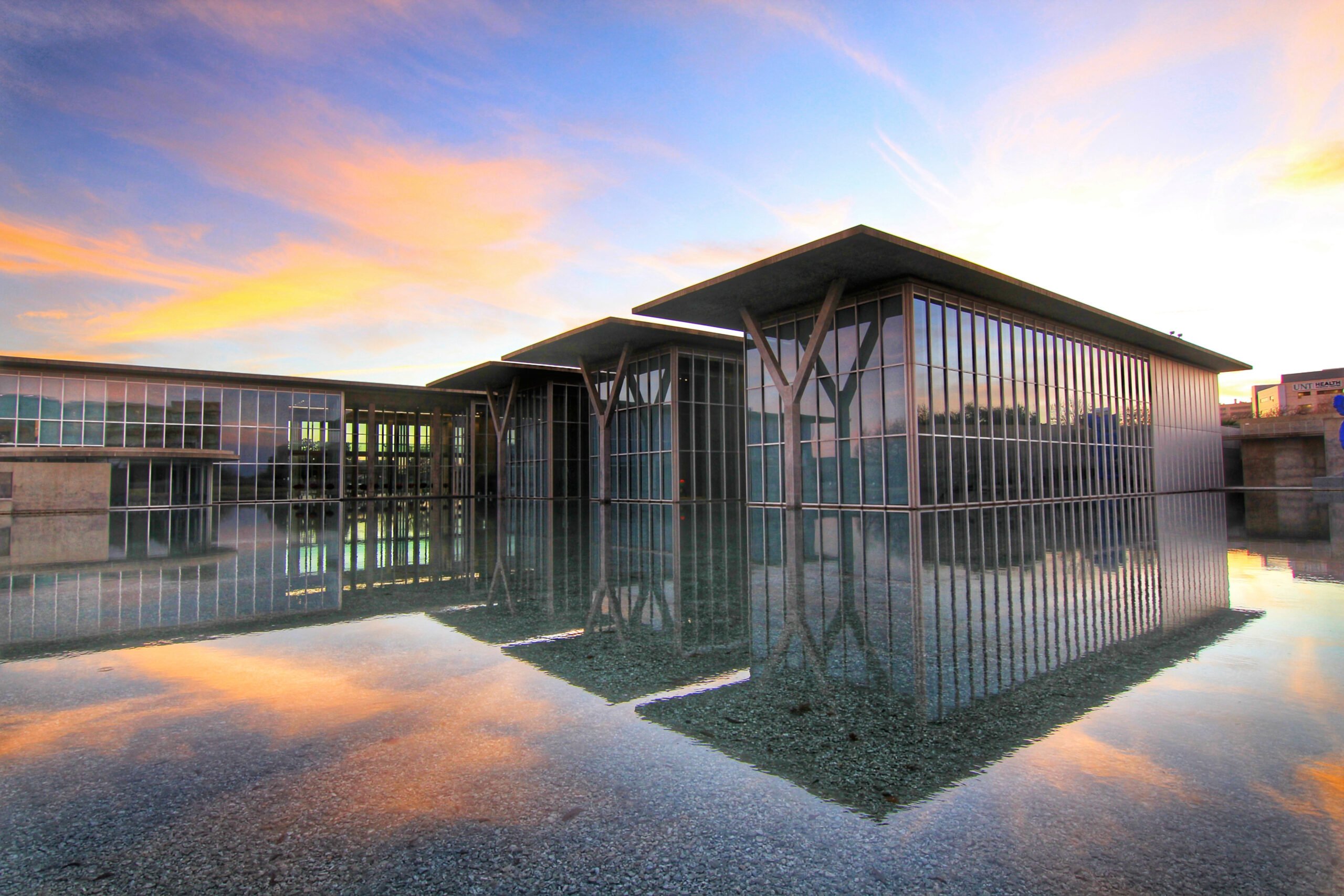ustxtxb_obs_1970_12_11_50_00009-00000_000.pdf
Page 15
Decline and fall By Claude Walbert Bay wood Park, Calif. I’ve always been fond of Chinese fortune cookies. If pressed by an especially serious questioner, I explain my liking of this innocent amusement by saying that profound influence of chance and scarcely noticed happenings. And, since I like my humor as black as the next man, I treasure the Occidental cruelties that pop out of penny scales. Otherwise, I have no use for fortune telling and such aberrations. But suddenly my favorite magazine stands are being swamped by occult hoopla. It’s easy to explain what is sometimes called the “occult explosion” “terminal Snopesism” might be better by the unhealthy attraction older readers find in youthful fads, by the fear of being computered where it hurts the most, or by general disgust with the Pecksniffery of technocrats. But a more salutary interest in the occult is far older than any of these attitudes. I recall a visit I made to a small Baptist college in the Texas panhandle to explore this interest. The campus of Wayland Baptist College in Plainview made a jagged history of growth and hard times: high old brick buildings, wartime barracks with asphalt siding, many-windowed structures so new they smelled of fresh paint. The face of the man I faced across a desk in one of the new buildings testified to a similar history. He said: “We believe in a personal, intelligent God, concerned with us as individuals. The orthodox belief that we can talk to God Mr. Walbert, a former newspaperman, says he has given up respectable jobs. “Now I work as a laborer so that I can write what I please.” He lives in Bay wood Park, Calif and He can talk to us that we can talk both ways is the basis of prayer. It is a spiritual, psychological gymnastic if there is no God to hear. “But we believe in a nonphysical God, one with no sensory processes. If communication is only through the physical senses, then God couldn’t hear or understand our prayer. The doctrine of Christianity can’t rest on the available evidence; it stands or falls on whether or not there is a nonphysical basis for communication.” THESE UNORTHODOX words were spoken by Dr. North East West, chairman of the psychology department at Wayland when I interviewed him in the fall of 1963. His parents, a Michigan farm couple, had named him in accordance with a folk belief that initials which spell a word bring good luck to the bearer. NEW. Appropriate for a man attempting a synthesis of medieval theology and one of our oldest preoccupations, parapsychology, through our newest and gaudiest distorting mirrors, statistical analysis. Regardless of the deficiencies I find in his logic, West has become a very personal reminder to me, in these Nixon years, of our compulsion to destroy the best we have and exalt the worst. Witness, in a minor way, the magazine stands overflowing with astrology, witchcraft, prophecy, voices from beyond, and all manner of contrived occult nonsense. At first I just ignored the slick new publications, tolerantly reminding myself that newsstands had to carry something for everyone. But the occult stuff kept multiplying, like a glob from outer space in a Japanese science fiction movie, and pretty soon the popular magazines were infused with satanism and black masses. I shouldn’t have been surprised, because ten years ago I heard Norman Mailer seriously espouse the idea that Dr. Fidel Castro was possessed by the devil \(yes, J. Edgar, at that discussion sponsored by the Fair Play that it usually takes the mass media about ten years to pick up his more peculiar notions while his sound insights are forever ignored. I began to get the idea that a lot of people besides magazine editors, who have sales to worry about, were taking all this hocus-pocus seriously, which is more than I can say for Murray Kempton and Michael Harrington and the tiny audience that giggled uncomfortably when Mailer, still seeking immortality back in the innocent spring of 1961, began his exposition on diabolism in Cuba. In fact, Kempton’s reaction to Mailer was very like my own when I saw Esquire’s recent section on devil cults in California. Kempton kept saying, “Aww, come on, Norman.” Anyhow, I once interviewed West, who taught the first formal undergraduate course in parapsychology in in the United States. West had the virtues of clarity and humor, rare in any circumstances and especially among adherents of parapsychology, and I felt I could trust his opinions about the current exploitation of the occult. Though West had never claimed extrasensory powers himself, I decided to do the thing properly and projected my thought waves toward Wayland Baptist College. At first I had trouble focusing on Plainview, but then I remembered what a friend had said about that bleak town. Recently married, she said, she was moving from the green, rolling country around Seguin to the panhandle. “When we came through Wichita Falls I ‘started getting sad, and the farther west we drove the sadder I got. When we got to Plainview I started crying.” For an hour I tried without success to December 11, 1970


